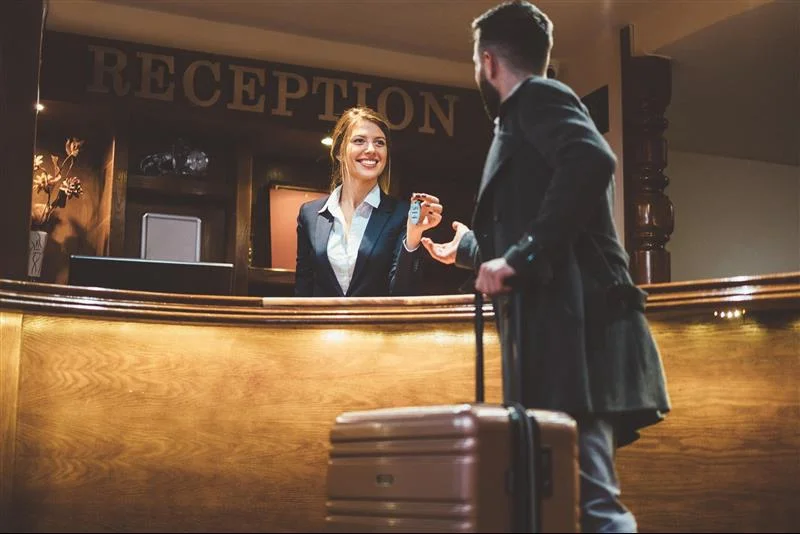I recall an instance of a guest complaining that their room was dim shortly after check-in. After visiting with the guest a moment, I came to realize that their check-in was fine and there were no housekeeping issues to speak of. I apologized for the lighting in her room before I offered to bring them a lamp or move them to a different room. No matter what reasonable suggestion I made, the woman had a "no" response waiting. She couldn't be pleased. It turned into a guessing game and I was losing.
I finally gave in and said the following; "Mrs. Wright, given that you indicated there were no issues during check in, no cleanliness concerns, an additional lamp won't solve the problem, and you would rather not move rooms - what do you suggest I might be able to do to rectify this situation for you?"
She thought for a moment, "well I don't know," she said.
I reassured her, "I understand that on this occasion we weren't able to meet your expectations, and for that, again, I apologize. I'm sure it must be frustrating to picture a beautiful well-lit room overlooking the golf course - and on this stay we didn't deliver that. Why don't we do this, I've got a line forming behind you that I need to tend to, and I assure you that I'm happy to continue the conversation and do what is within my power to see to it your next few days with us are as comfortable and enjoyable as possible. Give some thought to how I can further be of service and let me know. I work today until 11pm and I'll be back tomorrow after 3pm. Myself or any of the other agents here are happy to assist you."
She nodded her head and continued on for a moment about her disappointment, took a breath and left the desk. I didn't hear from her again until she went to check out.



